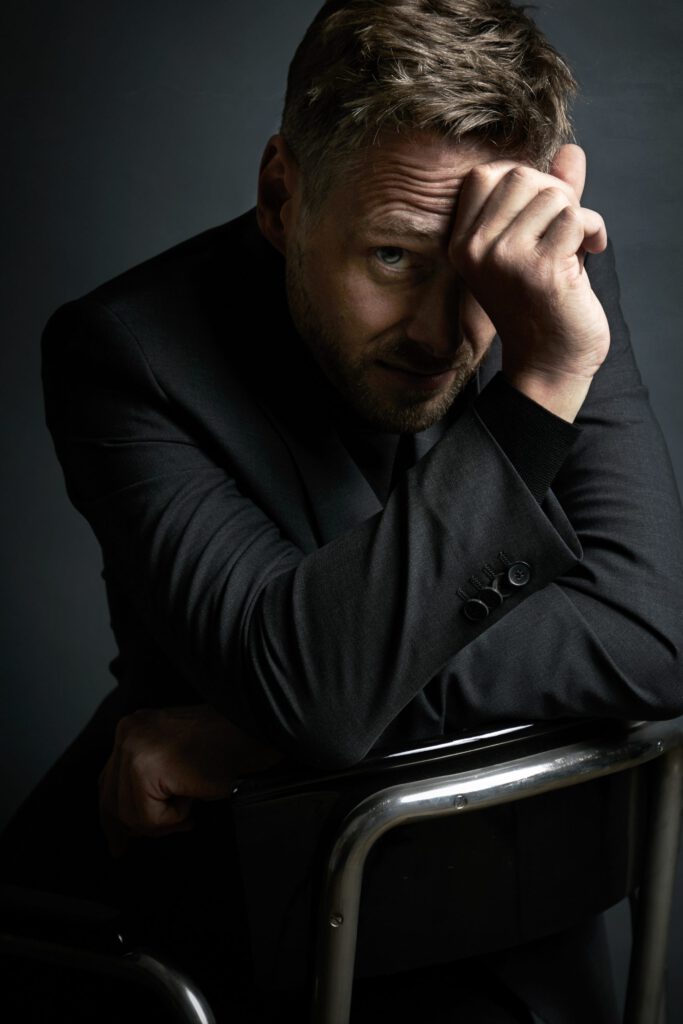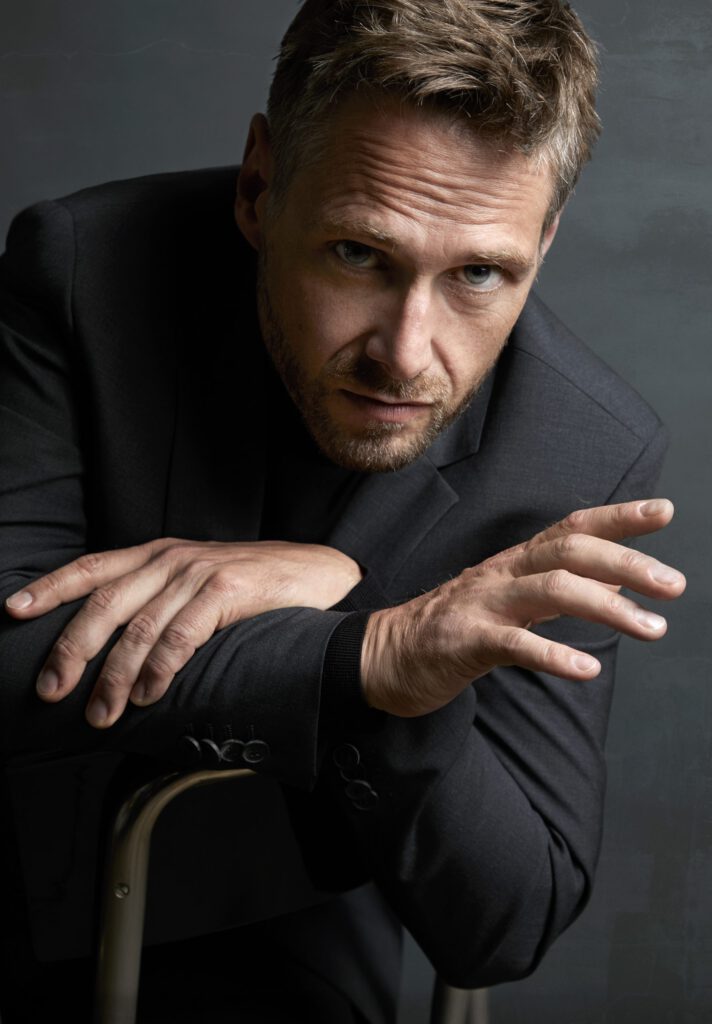
The artist continues to develop his repertoire on important stages around the world: from Wolfram in Tannhäuser (Bayreuth Festival) to Hans Heiling in Marschner’s opera of the same name at the Theater an der Wien and Stolzius in Zimmermann’s Die Soldaten (under K. Petrenko at the Bavarian State Opera), Kurwenal (Tristan and Isolde) in Baden-Baden and Berlin under Simon Rattle to Dallapiccola’s Il Prigioniero in Hamburg and the world premiere of Scartazzini’s opera Edward II in Berlin. The 2020/21 season brought two important role debuts: Don Alfonso (Cosí fan tutte) at the Zurich Opera House and Amfortas (Parsifal) at the Bavarian State Opera under Kirill Petrenko – the artist will be returning to the Bavarian State Opera this season as Graf in Strauss’ Capriccio.
Michael Nagy is highly in demand as a concert and oratorio singer around the globe. He has appeared with the most renowned international orchestras such as the Berlin Philharmonic, the Concertgebouworkest, the Bavarian Radio Symphony Orchestra, the Chicago Symphony Orchestra, the NHK Symphony Orchestra Tokyo, Orchestre de Paris, the Leipzig Gewandhausorchester, the Berlin Konzerthausorchester, New Japan Philharmonic Orchestra, Sydney Symphony Orchestra, and has performed at various festivals, for instance in Schleswig-Holstein and in the Rheingau, at the Salzburg Festival and the Tanglewood Festival (USA), as well as in Grafenegg and San Sebastian.
The 2021/2022 season promises to be multifaceted again: at the Bavarian State Opera a revival of Braunfels’ Die Vögel (director: Frank Castorf, conductor: Ingo Metzmacher) as well as a new production of Strauss’ Capriccio (director: David Mart-on, Conductor: Lothar Koenigs); Michael Nagy gives his debut at the Vienna State Opera as Conte in Mozart’s Le nozze di Figaro under Adam Fischer as well as in a concert version of Haydn’s L’Orfeo (Kreonte) at the Tonhalle in Düsseldorf (conductor: Adam Fischer) and in Lyon the role of Dr. Falke in Strauss’ Die Fledermaus under Nikolaj Szeps-Znaider. In the summer of 2021 he took over the role of Don Alfonso in the Così fan tutte production by Christof Loy under the direction of Joana Mallwitz at the Salzburg Festival.
Biography
